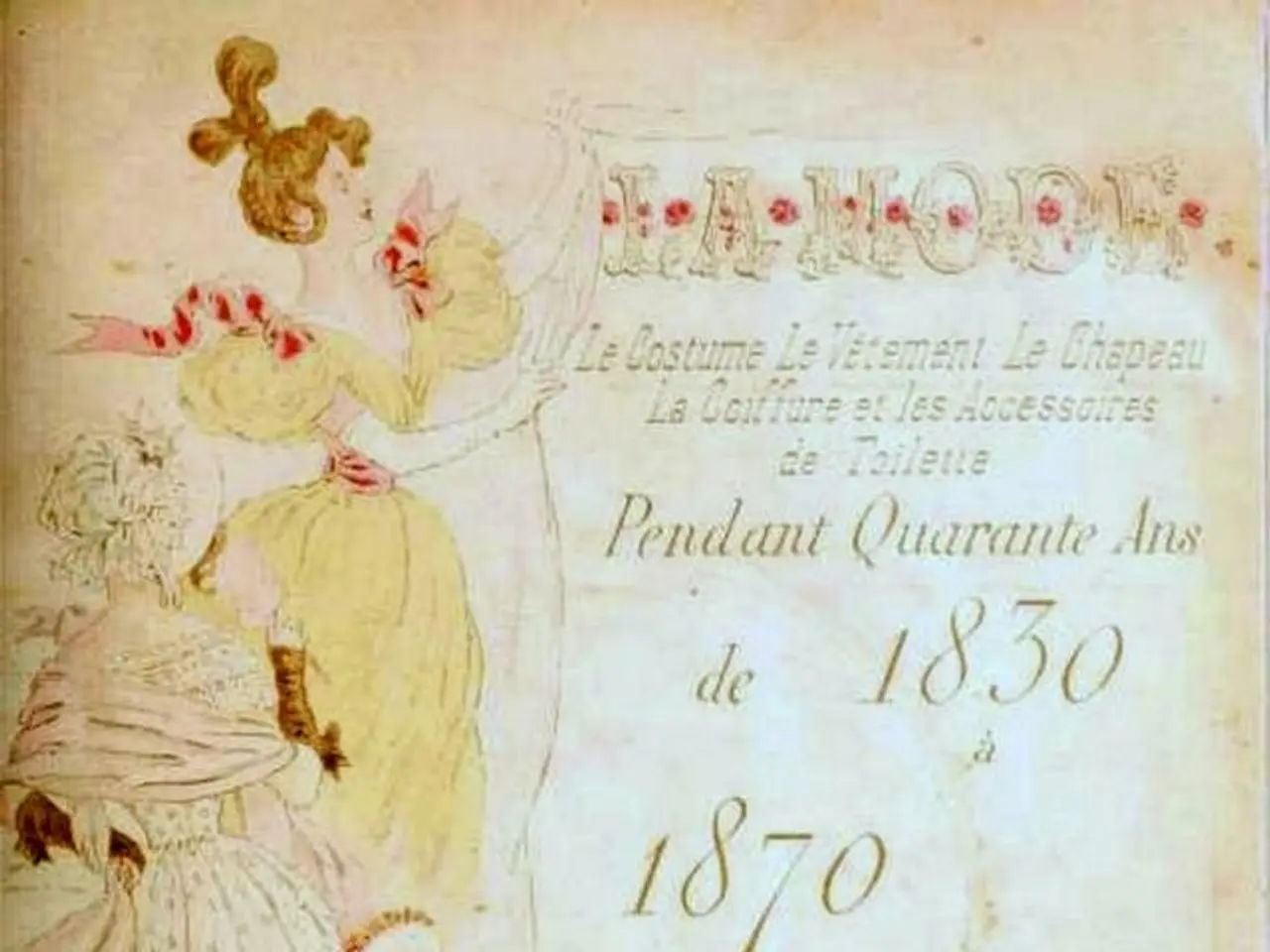Struggle for the heart of Taita Taveta: Understanding the trend of local Taita women marrying non-resident men
In the heart of Kenya, the Taita region is embroiled in a multi-faceted struggle. What started as a fight against culture erosion and illicit brew has evolved into a broader conflict over the identity of the Taita people.
Recent events have shed light on the region's ongoing battles. A tragic incident involving a Standard Six pupil who was defiled and murdered in Taita Sub-County has sparked outrage. Local leaders, including Governor Andrew Mwadime, have expressed concern over the rise in gender-based violence (GBV) cases, which they link to alcohol abuse.
In the past year, Taita Taveta County has reported a total of 157 cases of GBV. The police and women leaders believe the victim was defiled and brutally murdered to disguise the crime as a drowning incident. This incident has reignited a debate over the marriage choices of Taita girls, with Governor Mwadime questioning why Luo men are leaving women from their tribes to marry Taita girls.
The debate was further fuelled by a viral video where Mwadime expressed concern that beautiful Taita girls were being married by people from outside, leaving short and quarrelsome girls for the natives. This sentiment was echoed by Kwale County Woman representative, Fatuma Masito, and her West Pokot counterpart, Florence Jematiah, who called for severe penalties for men preying on young girls.
Alcoholism in Taita Taveta County is not a new issue. Tales of illicit brew addictions date back to the pre-colonial period. The vice is linked to a rise in GBV cases, with local leaders blaming alcoholism for various social issues in the Taita community, including impotence, divorce, poverty, crime, rape, defilement, and incest.
In some instances, men are sleeping with their daughters and committing unnatural acts with livestock. This alarming trend has led to calls for action from women leaders who have protested against alcoholism. They argue that it has led to a drop in the birth rate and fertility per family, poor education standards, and development.
The battle to preserve and protect the fast-disappearing traditional culture and traditions in the region is also intensifying. Governor Mwadime, ACK Diocese Bishop Liverson Mng'onda, local MPs, and elders have taken up the mantle, launching campaigns to revive and strengthen the Taita language. A book, Dawida na Tuweta Book, was recently launched with the aim of preserving the culture and traditions for future generations.
The fight against alcoholism is not without challenges. Security agents are struggling to stop the sale and transit of second-generation and traditional brews like Mbangara and Changaa from Tanzania, which are contributing to the alcoholism problem in Taita Taveta.
In the face of these challenges, Woman Representative Lydia Haika has enlisted the help of other women reps in the battle against GBV, incest, rape, and femicide in the county under her Wezesha Mama campaign. Justice Msagha Mbogholi, who hails from Taita Taveta, has also agreed with the assertion that many Taita men are addicted to alcohol and cannot effectively participate in any meaningful development pursuit.
As the battle in Taita continues, one thing is clear: the region is at a crossroads. The future of the Taita people hangs in the balance, and the fight against culture erosion, alcoholism, and GBV is a battle they must win.








